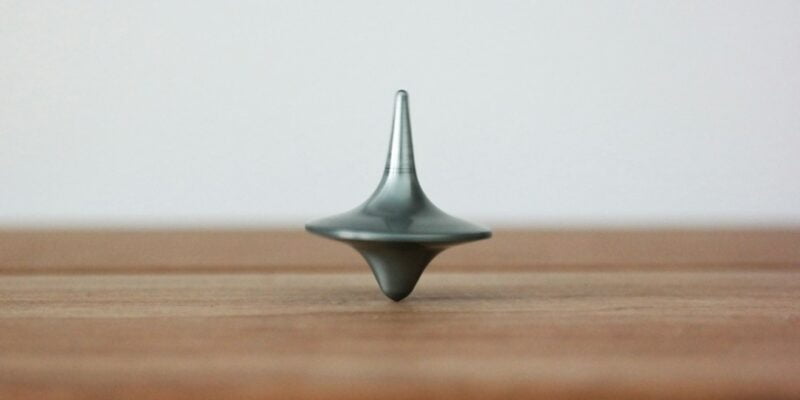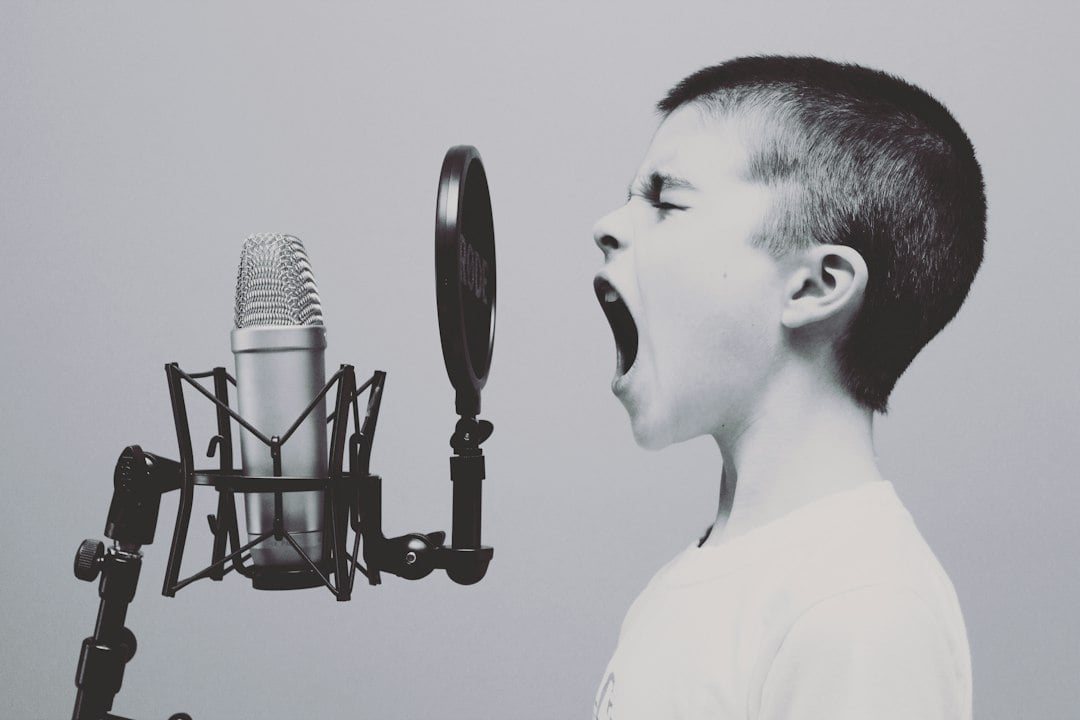
The Healing Power of Homeopathy: Restoring Balance and Harmony to the Body
Homeopathy is a holistic approach to health that has been practiced for over 200 years. It is based on the principle of “like cures like,” meaning that a substance that can cause symptoms in a healthy person can be used to treat similar symptoms in a sick person. Homeopathy treats the whole person, not just the symptoms, and aims to stimulate the body’s natural healing mechanisms.
The origins of homeopathy can be traced back to the late 18th century when Samuel Hahnemann, a German physician, developed the principles and practices of homeopathy. Hahnemann was dissatisfied with the harsh and ineffective treatments of his time and began experimenting with small doses of various substances on himself and his colleagues. He found that these substances, when diluted and potentized, could stimulate the body’s healing response.
Homeopathy differs from conventional medicine in several ways. Firstly, it focuses on treating the underlying cause of illness rather than just suppressing symptoms. Secondly, it takes into account the individuality of each person and tailors treatment accordingly. Lastly, homeopathic remedies are made from natural substances and are safe and non-toxic.
Key Takeaways
- Homeopathy is a holistic approach to health that treats the whole person, not just the symptoms.
- Homeopathy works by stimulating the body’s natural healing mechanisms.
- Homeopathic remedies are natural, safe, and effective.
- Homeopathy can be used to treat a wide range of conditions, from allergies to anxiety.
- Homeopathy can be integrated with conventional medicine as a complementary approach.
The Principles of Homeopathy: Treating the Whole Person, Not Just the Symptoms
The principles of homeopathy are based on three main concepts: vital force, law of similars, and law of minimum dose.
The vital force is the life force or energy that animates all living beings. According to homeopathy, when this vital force is disrupted or imbalanced, it can lead to illness. Homeopathic remedies aim to stimulate and restore the vital force, allowing the body to heal itself.
The law of similars states that a substance that can cause symptoms in a healthy person can be used to treat similar symptoms in a sick person. This principle is based on the idea that the body has an innate ability to heal itself and that symptoms are the body’s way of trying to restore balance.
The law of minimum dose states that the more diluted and potentized a remedy is, the more powerful it becomes. Homeopathic remedies are prepared through a process called potentization, which involves diluting and shaking the original substance. This process is believed to enhance the healing properties of the remedy while minimizing any potential side effects.
Another important principle of homeopathy is the individualization of treatment. Homeopaths take into account not only the physical symptoms but also the mental, emotional, and spiritual aspects of a person. Each person is unique, and their treatment should reflect their individual needs and characteristics.
How Homeopathy Works: Stimulating the Body’s Natural Healing Mechanisms
Homeopathy works by stimulating the body’s natural healing mechanisms. Remedies are made from natural substances such as plants, minerals, and animal products. These substances are diluted and potentized to enhance their healing properties.
The process of potentization involves diluting the original substance in a series of steps and shaking it vigorously. This process is believed to release the energy or essence of the substance, making it more potent and effective. The more diluted and potentized a remedy is, the stronger its healing properties become.
The initial consultation with a homeopath is crucial in determining the most appropriate remedy for an individual. During this consultation, the homeopath will ask detailed questions about the person’s physical symptoms, as well as their mental, emotional, and spiritual state. This information helps the homeopath to understand the underlying cause of illness and tailor treatment accordingly.
Homeopathic Remedies: Natural, Safe, and Effective
| Remedy | Uses | Effectiveness | Side Effects |
|---|---|---|---|
| Arnica | Reduces pain and swelling from injuries | Effective | None reported |
| Nux Vomica | Relieves digestive issues and hangover symptoms | Effective | None reported |
| Chamomilla | Calms teething pain in infants and relieves anxiety | Effective | None reported |
| Pulsatilla | Treats respiratory infections and menstrual cramps | Effective | None reported |
| Ignatia | Relieves emotional stress and grief | Effective | None reported |
Homeopathic remedies are made from natural substances such as plants, minerals, and animal products. These substances are prepared through a process called potentization, which involves diluting and shaking them vigorously.
The sources of homeopathic remedies can vary widely. Plants such as Arnica, Chamomilla, and Belladonna are commonly used, as well as minerals like Sulphur and Calcarea carbonica. Animal products such as Apis mellifica (made from honeybees) and Lachesis muta (made from the venom of the bushmaster snake) are also used.
The preparation of remedies involves diluting the original substance in a series of steps. Each dilution is shaken vigorously, a process known as succussion. This process is believed to release the energy or essence of the substance, making it more potent and effective.
Homeopathic remedies are safe and non-toxic. They do not contain any active chemical substances that can cause harm or addiction. They are also gentle and can be used by people of all ages, including infants, pregnant women, and the elderly.
Conditions Treated with Homeopathy: From Allergies to Anxiety
Homeopathy can be used to treat a wide range of conditions, both acute and chronic. Some common conditions treated with homeopathy include allergies, asthma, digestive disorders, skin conditions, anxiety, depression, and hormonal imbalances.
Homeopathy takes into account the individuality of each person and tailors treatment accordingly. This means that two people with the same condition may receive different remedies based on their unique symptoms and characteristics.
There are many examples of successful homeopathic treatment. For example, a person suffering from chronic migraines may find relief with a remedy made from Belladonna if their symptoms include throbbing pain, sensitivity to light and noise, and worsen with movement. Another person with migraines may require a different remedy if their symptoms are different.
It is important to seek professional guidance when using homeopathy for treatment. A qualified homeopath will be able to assess your symptoms and prescribe the most appropriate remedy for your individual needs.
Homeopathy for Women’s Health: Balancing Hormones and Supporting Fertility

Homeopathy can be particularly beneficial for women’s health. It can help to balance hormones, regulate menstrual cycles, and alleviate symptoms associated with menstruation and menopause.
Many women experience symptoms such as mood swings, irritability, bloating, and breast tenderness before and during their menstrual cycle. Homeopathic remedies such as Pulsatilla, Sepia, and Lachesis can help to alleviate these symptoms and restore hormonal balance.
Homeopathy can also be used to support fertility and pregnancy. Remedies such as Sabina, Natrum muriaticum, and Caulophyllum can help to regulate ovulation, improve egg quality, and support implantation. During pregnancy, homeopathy can help with common complaints such as morning sickness, back pain, and insomnia.
There are many case studies of successful homeopathic treatment for women’s health issues. For example, a woman suffering from irregular periods and severe menstrual cramps may find relief with a remedy made from Magnesia phosphorica if her symptoms include shooting pains that are relieved by warmth. Another woman with similar symptoms may require a different remedy if her symptoms are different.
Homeopathy for Children: Gentle and Safe Treatment for Common Ailments
Homeopathy is particularly well-suited for children as it is gentle, safe, and non-toxic. It can be used to treat a wide range of common childhood ailments such as colds, coughs, ear infections, teething pain, colic, and behavioral issues.
One of the benefits of homeopathy for children is that it does not suppress symptoms but works to stimulate the body’s natural healing mechanisms. This means that it can help to strengthen the immune system and prevent recurrent infections.
There are many examples of conditions treated with homeopathy in children. For example, a child suffering from recurrent ear infections may find relief with a remedy made from Pulsatilla if their symptoms include thick, yellowish discharge from the ears and a desire for open air. Another child with similar symptoms may require a different remedy if their symptoms are different.
Homeopathy is safe for children of all ages, including infants. It can be used alongside conventional medicine and does not interfere with other treatments or medications.
Integrating Homeopathy with Conventional Medicine: A Complementary Approach
Homeopathy can be integrated with conventional medicine to provide a complementary approach to healthcare. The benefits of combining homeopathy with conventional medicine include a more holistic and individualized approach to treatment, reduced side effects of medications, and improved overall health outcomes.
There are many examples of successful integration of homeopathy with conventional medicine. For example, a person with chronic migraines may find relief with a homeopathic remedy while also taking medication to manage their symptoms. The homeopathic remedy can help to reduce the frequency and intensity of migraines, allowing the person to rely less on medication.
Communication between practitioners is key when integrating homeopathy with conventional medicine. It is important for both the homeopath and the conventional healthcare provider to be aware of the treatments being used and to coordinate care accordingly. This ensures that the best possible outcomes are achieved for the patient.
Other Alternative Therapies: Acupuncture, Herbal Medicine, and more
There are many other alternative therapies that can complement homeopathy in promoting health and well-being. Some examples include acupuncture, herbal medicine, naturopathy, chiropractic, and energy healing.
Acupuncture is a traditional Chinese medicine practice that involves inserting thin needles into specific points on the body to stimulate energy flow and promote healing. Herbal medicine uses plants and plant extracts to treat various conditions. Naturopathy focuses on using natural therapies such as nutrition, lifestyle changes, and herbal medicine to support the body’s natural healing abilities. Chiropractic involves manipulating the spine to restore proper alignment and improve overall health. Energy healing therapies such as Reiki and Healing Touch work with the body’s energy field to promote balance and well-being.
These alternative therapies differ from homeopathy in their principles and practices. For example, acupuncture is based on the concept of balancing the flow of energy in the body, while herbal medicine uses specific plants and plant extracts to treat specific conditions. However, they can all work together to support the body’s natural healing mechanisms and promote overall health.
Combining different therapies can have synergistic effects and provide a more comprehensive approach to health and well-being. For example, a person with chronic pain may find relief with acupuncture while also using homeopathy to address the underlying cause of their pain. The acupuncture can help to reduce pain and inflammation, while the homeopathy can help to restore balance and promote healing.
The Future of Homeopathy: Continuing to Expand and Evolve as a Healing Modality
The current state of homeopathy is both promising and challenging. On one hand, there is a growing interest in holistic and natural approaches to health, and many people are turning to homeopathy for its gentle and effective treatment options. On the other hand, there is skepticism and criticism from some sectors of the medical community, who question the scientific basis of homeopathy.
Despite these challenges, there is potential for growth and expansion in the field of homeopathy. Research studies are being conducted to explore the efficacy and mechanisms of action of homeopathic remedies. Education and training programs are being developed to ensure that practitioners have the necessary knowledge and skills to provide high-quality care.
The future of homeopathy lies in continued research, education, and collaboration with other healthcare modalities. By advancing our understanding of how homeopathy works and integrating it with other approaches, we can continue to expand its potential as a healing modality.
In conclusion, homeopathy is a holistic approach to health that treats the whole person, not just the symptoms. It is based on the principles of vital force, law of similars, and law of minimum dose. Homeopathy works by stimulating the body’s natural healing mechanisms through the use of remedies made from natural substances. It can be used to treat a wide range of conditions, from allergies to anxiety, and is particularly beneficial for women’s health and children’s health. Homeopathy can be integrated with conventional medicine and other alternative therapies to provide a complementary approach to healthcare. The future of homeopathy lies in continued research, education, and collaboration to advance its potential as a healing modality.
If you’re interested in exploring the role of homeopathy in promoting balance and harmony in the body, you may find the article “The Power of Magnetic Therapy: Enhancing Well-being Naturally” on Wave Magnets’ website intriguing. This informative piece delves into the benefits of magnetic therapy and how it can support overall wellness. Discover how magnetic fields can influence the body’s energy flow and potentially alleviate various ailments. To learn more, visit https://wavemagnets.com/sample-page/ and embark on a journey towards holistic healing.
FAQs
What is homeopathy?
Homeopathy is a form of alternative medicine that uses highly diluted substances to stimulate the body’s natural healing processes.
How does homeopathy work?
Homeopathy works on the principle of “like cures like,” meaning that a substance that causes symptoms in a healthy person can be used to treat similar symptoms in a sick person. The substances used in homeopathy are highly diluted and shaken vigorously, which is believed to enhance their healing properties.
What conditions can homeopathy treat?
Homeopathy can be used to treat a wide range of conditions, including allergies, asthma, anxiety, depression, digestive disorders, skin conditions, and more. However, it is important to note that homeopathy should not be used as a substitute for conventional medical treatment in cases of serious illness or injury.
Is homeopathy safe?
Homeopathy is generally considered safe when used as directed by a qualified practitioner. However, as with any form of medical treatment, there may be some risks and side effects associated with homeopathy. It is important to discuss any concerns with a qualified practitioner before beginning treatment.
How can homeopathy promote balance and harmony in the body?
Homeopathy is believed to work by stimulating the body’s natural healing processes, which can help to restore balance and harmony to the body. By addressing the underlying causes of illness and promoting overall health and well-being, homeopathy can help to support the body’s natural ability to heal itself.


















